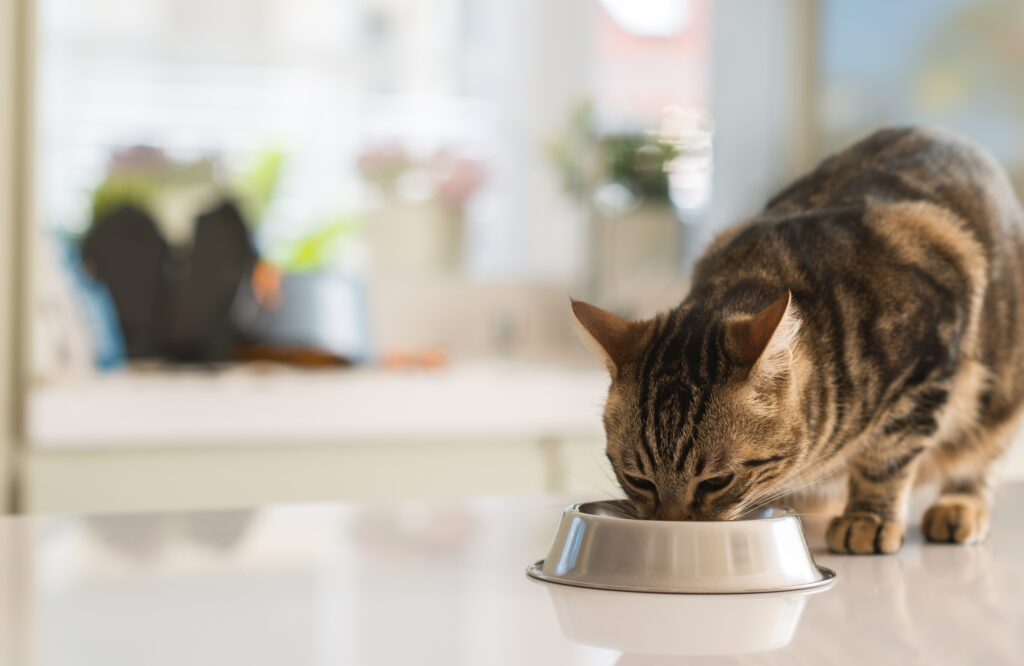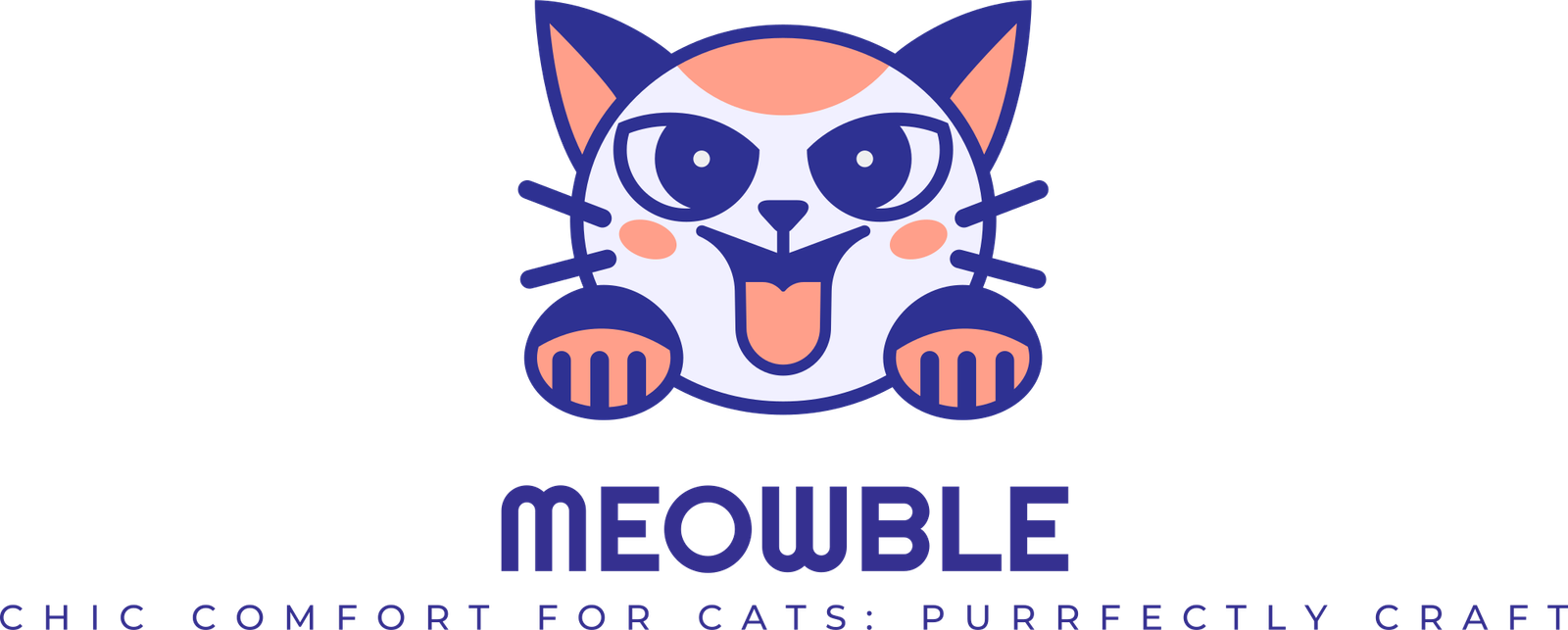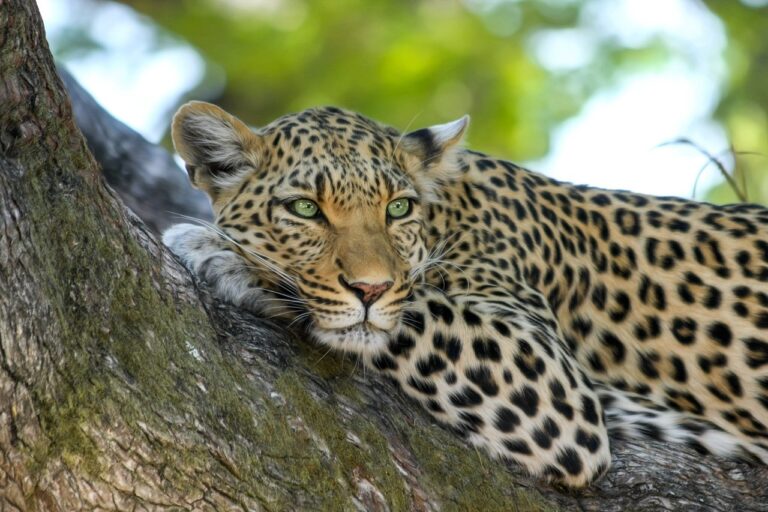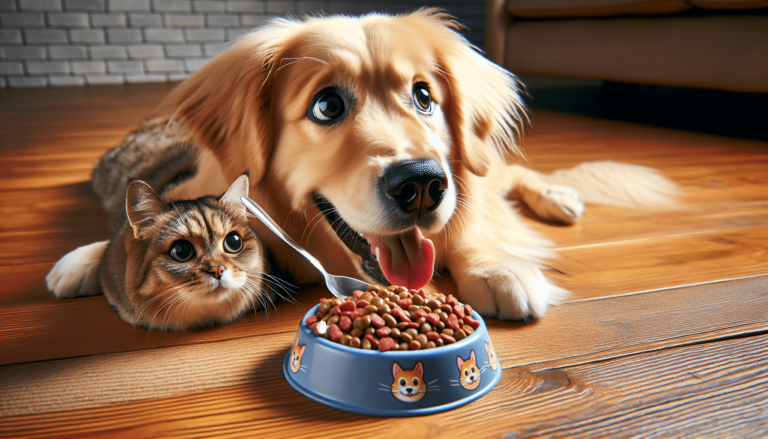Are Cats Omnivores
Cats are often seen as obligate carnivores due to their preference for meat, but many people wonder if they can actually be classified as omnivores. While cats are primarily carnivorous in nature, they can also consume plant-based foods and have been known to exhibit some omnivorous behaviors. This article will delve into the debate of whether cats can truly be considered omnivores or if they should be strictly classified as carnivores. Stay tuned to discover more about the unique dietary habits of our feline friends. Are Cats Omnivores?
Have you ever wondered if your feline friend is truly an obligate carnivore, or if they have a bit of omnivore tendencies as well? Let’s delve into the world of cat nutrition and behavior to uncover the truth about whether cats are truly omnivores.

The Carnivorous Nature of Cats
Cats are known for being obligate carnivores, meaning their diet is primarily composed of animal-based proteins. Unlike omnivores or herbivores, cats have specific dietary requirements that can only be met through consuming animal tissues. Their bodies are designed to process meat efficiently, as their digestive systems are shorter and lack certain enzymes necessary for breaking down plant-based foods.
Ancestral Diet of Cats
In the wild, cats are skilled hunters that prey on small mammals, birds, and insects. This natural carnivorous behavior is ingrained in their DNA, as they have evolved over thousands of years to rely on a diet that is rich in animal protein and fat. Cats have sharp teeth designed for tearing meat and powerful jaws capable of crushing bones. Their bodies are finely tuned machines that are optimized for digesting and utilizing nutrients from animal flesh.
It is essential for cat owners to understand and respect the carnivorous nature of their feline companions in order to provide them with a diet that meets their nutritional needs.
Evolutionary Adaptations of Cats
Thousands of years of evolution have shaped the digestive systems of cats to be highly specialized for consuming and digesting animal-based proteins. From their teeth to their enzymes, every aspect of a cat’s anatomy is suited for a meat-centric diet.
Dental Adaptations
One of the most telling signs of a cat’s carnivorous nature is their teeth. Cats have sharp, pointed teeth designed for gripping, tearing, and chewing meat. Their canine teeth are long and dagger-like, perfect for puncturing the flesh of prey animals. Cats also have sharp premolars and molars that help them shear and crunch through bones and tough sinew.
This dental structure is a clear indicator that cats are natural-born hunters with a diet that revolves around consuming animal tissues. By providing your cat with a diet that mimics their ancestral eating habits, you can help maintain their dental health and overall well-being.
Digestive Physiology
In addition to their specialized teeth, cats also have a digestive system that is optimized for processing and absorbing nutrients from meat. Cats have a short gastrointestinal tract compared to omnivores and herbivores, which allows for the rapid breakdown and absorption of proteins and fats. This streamlined digestive system is designed to handle a diet that is rich in animal-based nutrients.
Furthermore, cats lack certain enzymes necessary for efficiently breaking down plant-based carbohydrates. Unlike omnivores, cats do not have the ability to produce amylase, an enzyme that aids in the digestion of starches. This further supports the notion that cats have evolved to thrive on a diet that is predominantly composed of animal proteins and fats.
Understanding the evolutionary adaptations of cats can help pet owners make informed decisions when it comes to selecting foods that meet their feline companions’ nutritional needs.
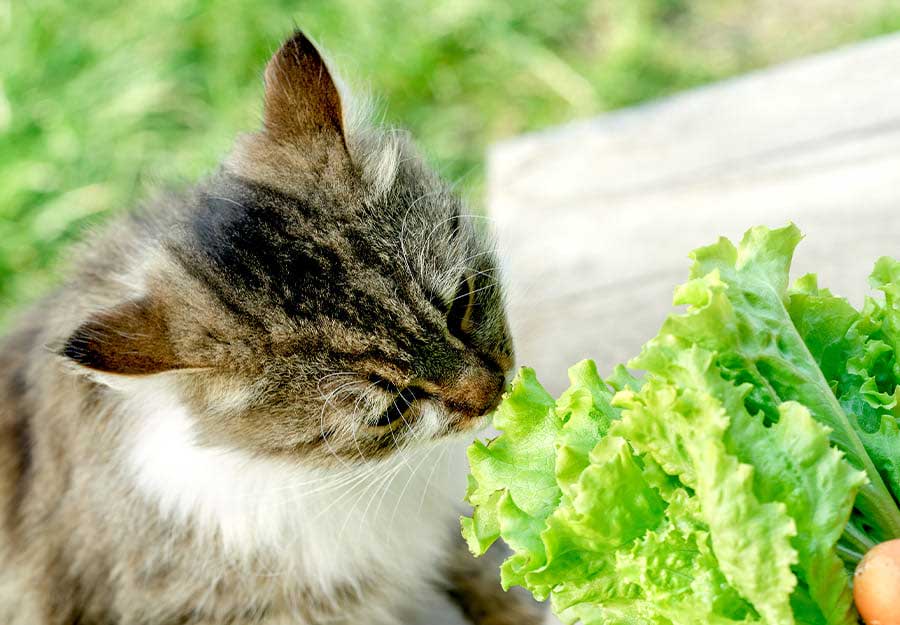
Nutritional Requirements of Cats
As obligate carnivores, cats have unique nutritional requirements that must be met through their diet. From protein to vitamins and minerals, cats need a well-balanced diet that provides them with all the essential nutrients they need to thrive.
Protein Needs
Protein is an essential component of a cat’s diet, as it serves as the building blocks for muscle, tissue, and essential enzymes. Cats have a higher requirement for protein compared to many other animals, as their bodies are designed to efficiently utilize amino acids derived from animal proteins.
When selecting a cat food, it is crucial to choose a high-quality product that contains animal-based proteins as the primary ingredient. By ensuring that your cat’s diet is protein-rich, you can help support their overall health and well-being.
Essential Nutrients
In addition to protein, cats require a variety of essential nutrients to maintain optimal health. These include vitamins, minerals, and fatty acids that are crucial for their growth and development. Essential nutrients such as taurine, vitamin A, and arachidonic acid are only found in animal-based sources, emphasizing the importance of a meat-centric diet for cats.
By providing your cat with a well-balanced diet that meets their specific nutritional needs, you can help ensure that they are getting the essential nutrients they need to thrive. Choosing a cat food that is formulated to meet the nutritional requirements of cats can help support their overall health and longevity.

Can Cats Benefit from Plant-Based Foods?
While cats are obligate carnivores with specialized dietary requirements, some pet owners may wonder if their feline companions can benefit from plant-based foods. While it is true that cats have a limited ability to digest and utilize nutrients from plant-based sources, there are certain plant ingredients that can be beneficial for cats in moderation.
Fruits and Vegetables
Some fruits and vegetables can be incorporated into a cat’s diet to provide additional vitamins, minerals, and fiber. Fruits such as blueberries and vegetables like pumpkin can offer antioxidants and essential nutrients that can support your cat’s overall health. However, it is important to remember that plant-based foods should not make up the majority of your cat’s diet, as they are not able to meet all of their nutritional needs.
When considering adding fruits and vegetables to your cat’s diet, it is crucial to consult with your veterinarian to ensure that you are providing them with a well-balanced and nutritious meal plan. By working with a professional, you can ensure that your cat’s diet is tailored to meet their specific needs and preferences.
Supplements
In some cases, supplements may be necessary to bridge the nutritional gap when feeding a cat a plant-based diet. While it is always best to provide your cat with a diet that is rich in animal proteins and fats, some supplements such as taurine and omega-3 fatty acids can help support their overall health and well-being. By working with your veterinarian, you can determine if supplements are necessary for your cat’s diet and how to incorporate them effectively.
While cats are primarily carnivorous animals, there are ways to integrate plant-based foods into their diet to provide additional nutrients and variety. By working closely with your veterinarian and monitoring your cat’s health, you can find a balanced approach that meets their individual needs and preferences.
Best Practices for Feeding Your Cat
Feeding your cat a well-balanced diet that meets their specific nutritional requirements is essential for their overall health and well-being. By following these best practices, you can ensure that your feline companion is getting the nutrients they need to thrive.
Choose High-Quality Cat Food
When selecting a cat food for your furry friend, opt for high-quality products that are formulated to meet the nutritional requirements of cats. Look for foods that list animal proteins as the primary ingredients and avoid products that contain fillers, artificial additives, and by-products. By choosing a high-quality cat food, you can help support your cat’s overall health and longevity.
Provide Fresh Water
In addition to a balanced diet, it is crucial to provide your cat with access to fresh, clean water at all times. Water is essential for your cat’s overall health, as it helps maintain hydration, aids in digestion, and supports various bodily functions. Ensure that your cat has access to a water bowl that is regularly filled and cleaned to promote their well-being.
Monitor Portion Sizes
Obesity is a common health issue among cats, with excess weight contributing to various health problems such as diabetes, arthritis, and heart disease. To prevent obesity, it is important to monitor your cat’s portion sizes and avoid overfeeding. Follow the feeding guidelines provided by the cat food manufacturer or consult with your veterinarian to determine the appropriate portion sizes for your feline companion.
Regular Veterinary Check-Ups
Regular veterinary check-ups are essential for monitoring your cat’s overall health and well-being. During these visits, your veterinarian can assess your cat’s weight, body condition, and nutritional needs to ensure that they are receiving the proper care. By scheduling routine check-ups, you can catch any potential health issues early and take proactive steps to address them.
Conclusion
While cats are primarily obligate carnivores with specialized dietary requirements, they can benefit from a variety of foods in moderation. By understanding the carnivorous nature of cats and providing them with a well-balanced diet that meets their nutritional needs, you can help support their overall health and longevity. Remember to consult with your veterinarian to ensure that you are providing your feline companion with a diet that is tailored to their individual needs and preferences. With proper care and attention, you can ensure that your cat thrives on a diet that honors their natural instincts and evolutionary adaptations.
